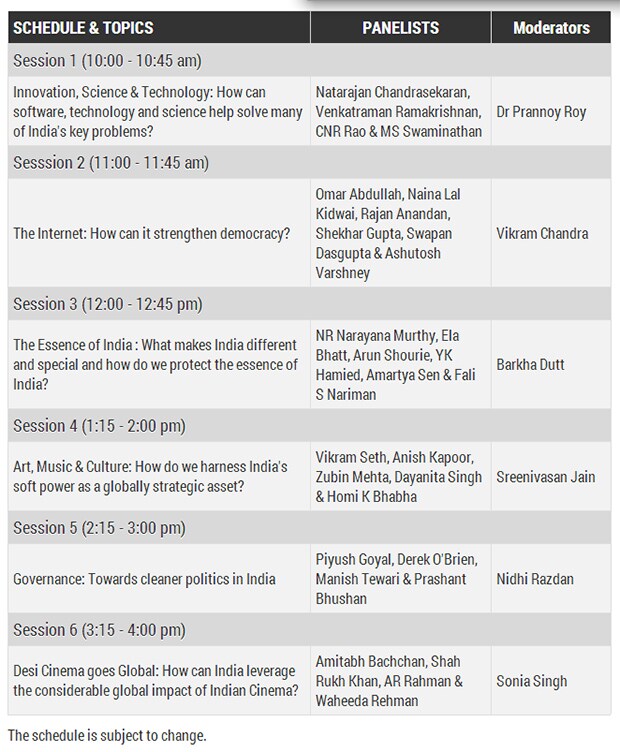At 6 pm, meet the 25 greatest living global Indians.Till then, here are the best moments from today's sessions.
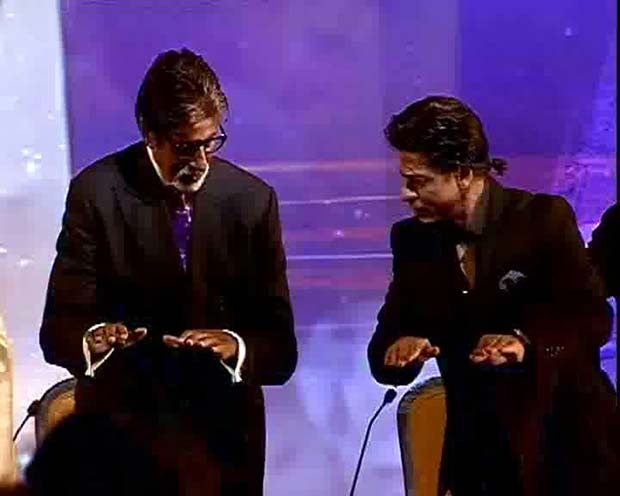
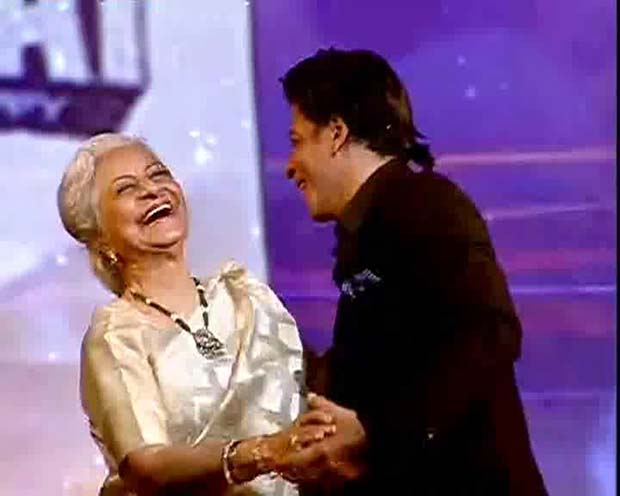
SRK: You deserve it Suhel, you deserve it.
And he does Mr Bachchan's voice as well. Thank you Shah Rukh, says Big B
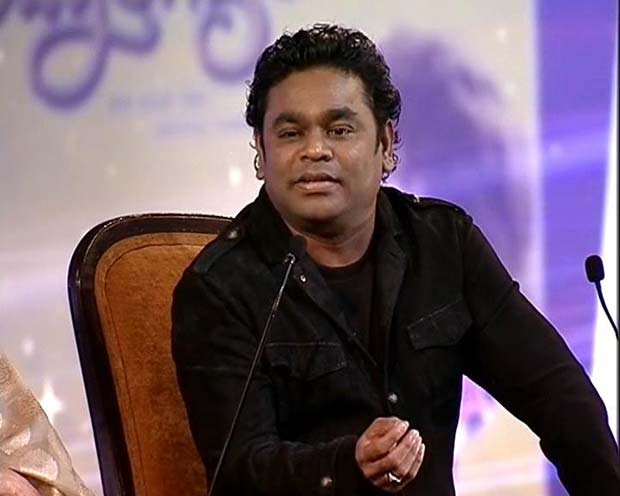
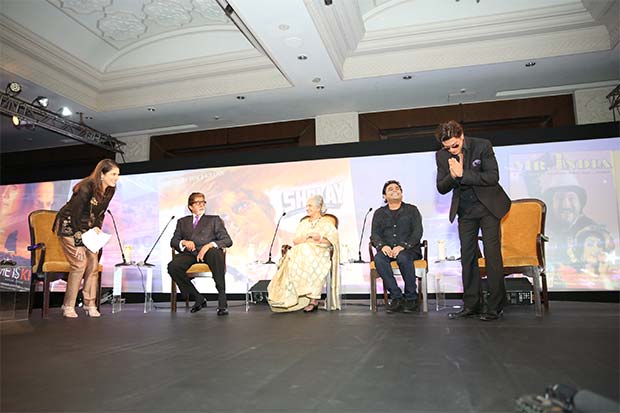
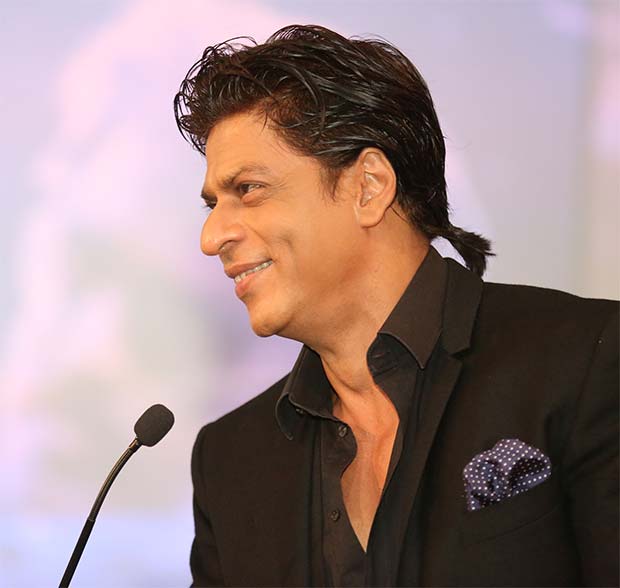
SRK runs up on stage to cheers, claps and whistles; touches the feet of the panelists and gets to business: I think globalization of Indian cinema should start with actors coming on time.
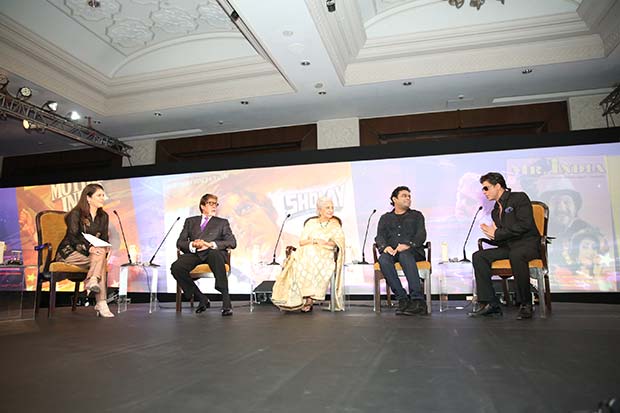
Damn you Delhi traffic
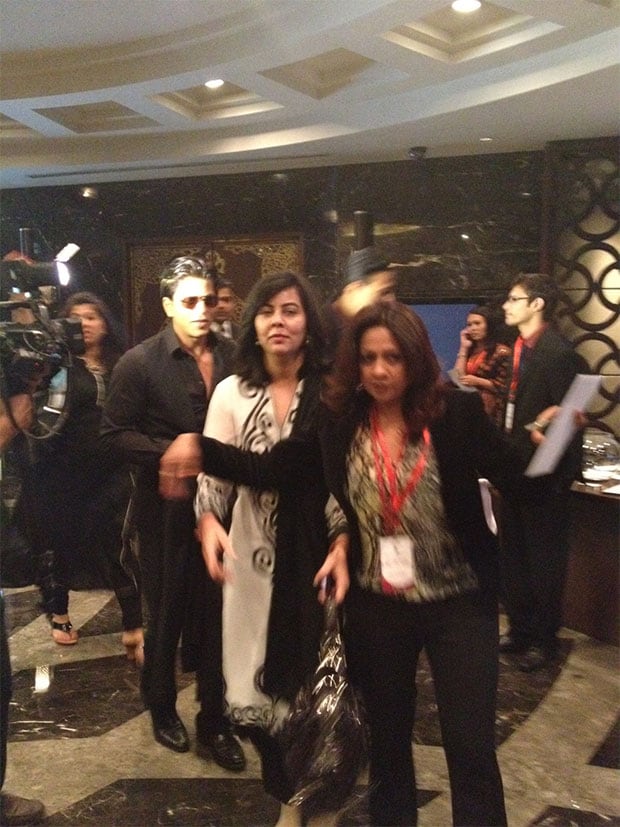
The audience is loving it.
Yay, goes the audience.
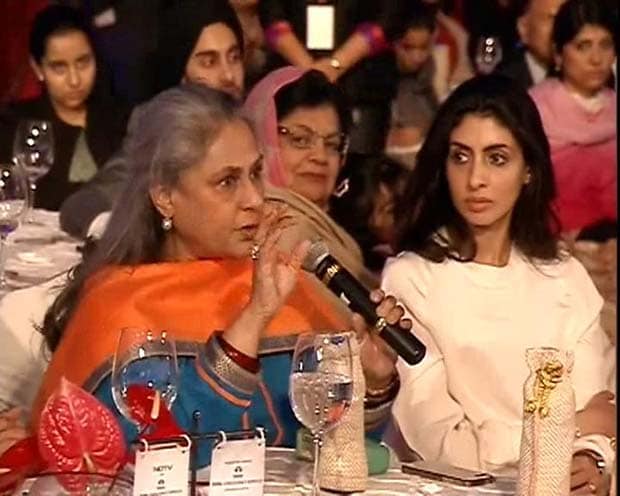
@SrBachchan talking to @iamsrk on when the session should start! pic.twitter.com/1Q9X8yOvz6
- Vikram Chandra (@vikramchandra) December 14, 2013The audience laughs, Big B helps him out.

The audience laughs and nods.
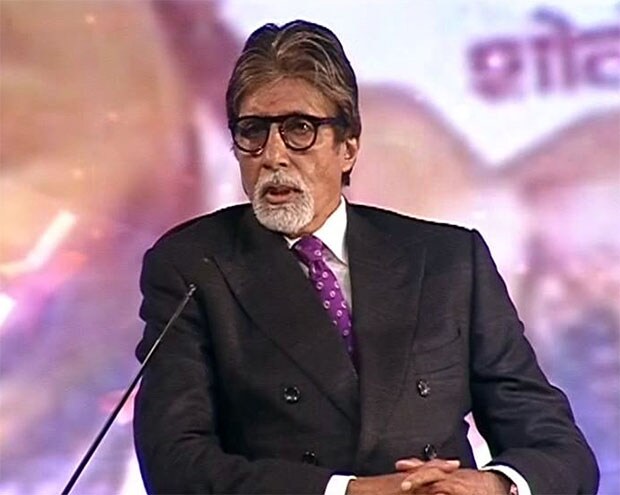
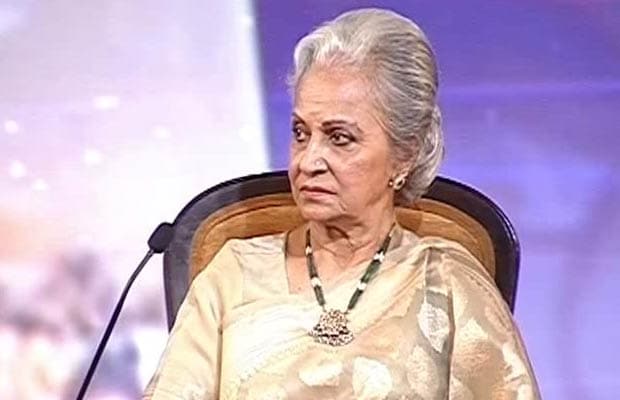
Main yahan bhi Hindi mein bol sakta hoon aap kahe toh. I just felt they were celebrating 100 years of Indians cinema : Amitabh Bachchan on opening the Cannes Film Festival in Hindi
Mr B gets the ball rolling: Cinema used to be considered infra-dig in society. When I was growing up, my parents had to vet a film before I was allowed to watch it. But look how we've progressed - today, we are sitting on a panel discussing cinema.
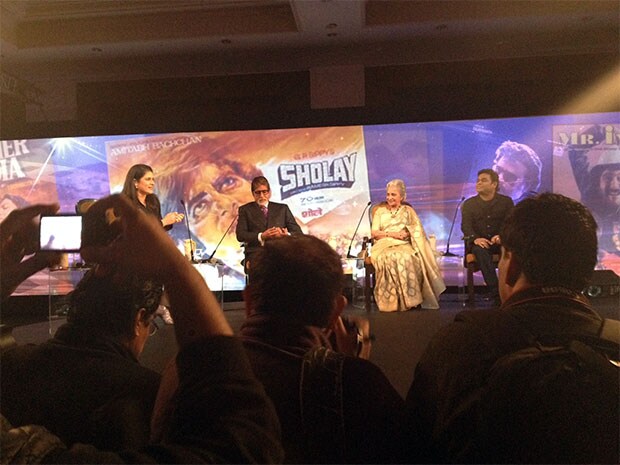
While their mothers have chai, Waheeda's daughter Kashvi Rekhi and Bachchan beti Shweta also catch up.
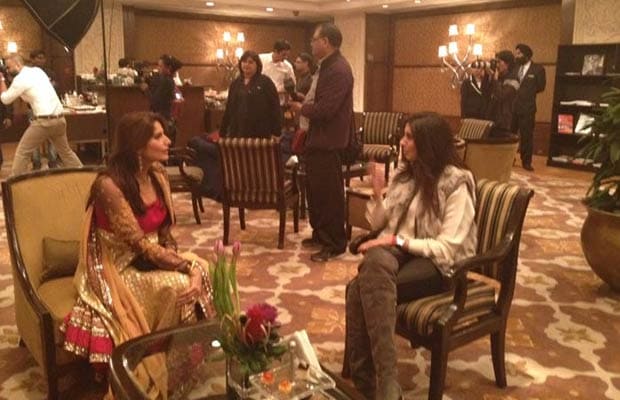
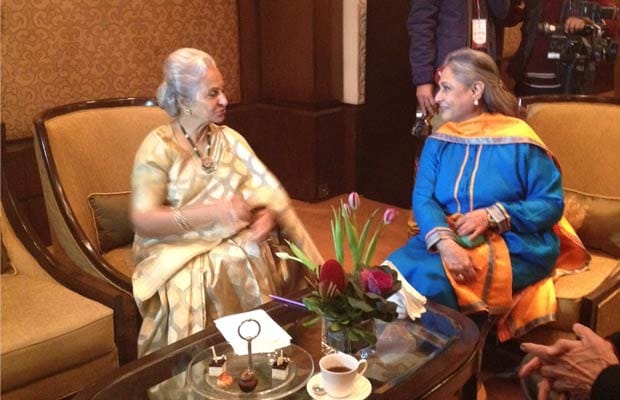
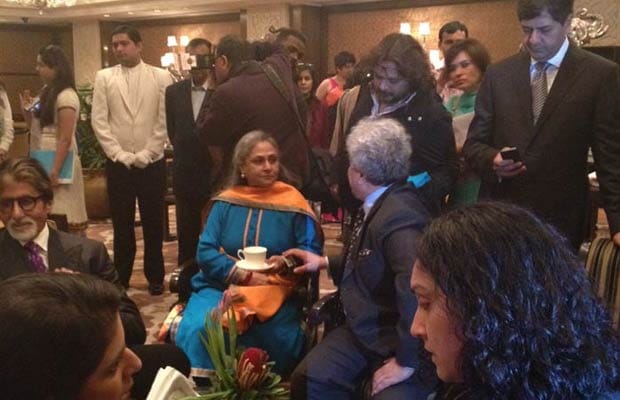
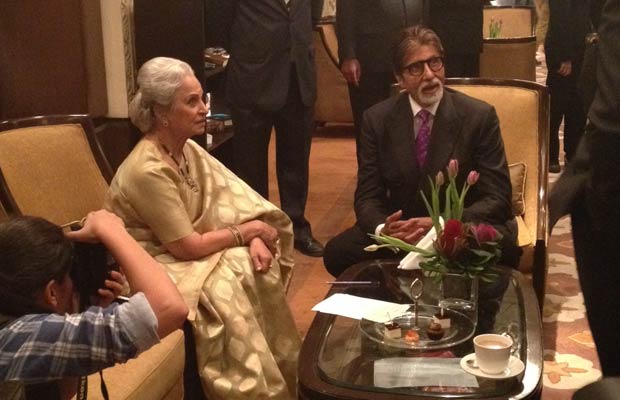
NDTV welcomes Amitabh Bachchan to the summit
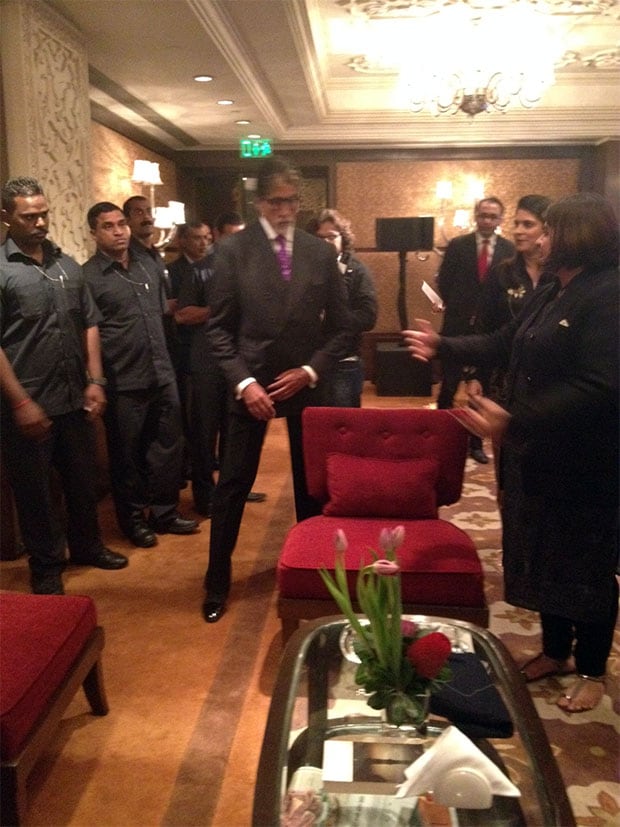
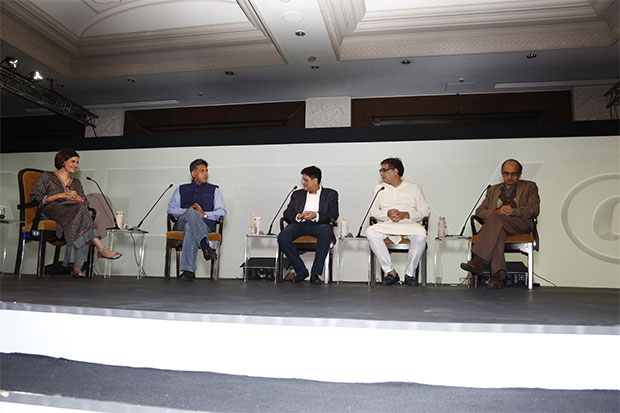
Manish Tewari
Indian politics has been enriched over the last 40 years
AAP has done spectacularly well. Much better than their own expectations perhaps
Piyush Goyal
Good governance has come to stay and it's a fantastic phenomena
Delhi result restricted to Central Delhi
We'll have to see to what extent AAP is able to extend their frontiers
Manish Tewari
I don't think we should have extended support to AAP
We ruled for 15 years
Should accept the verdict
Responsibility of providing Delhi a government is on the BJP
Prashant Bhushan
We have made it clear as to where we stand
Manish Tewari
Politics is the art of the possible
It is not my way or the highway
Derek O'Brien
The Trinamool Congress is the only party since Independence which broke away from the Congress and are still in business
We are running a government without a coalition
No Mamata magic in Bengal, it's hard-nosed good governance
Piyush Goyal
Time is now right to have a strong government at the Centre. Coalitions tend to fail
We'll have a pre-poll alliance with certain parties
Everything that the BJP-led NDA started, Congress turned into a right
Derek O'Brien quips that he feels like a pauper between two billionaires.
Much amusement in the audience.
And this might truly be the most outstanding answer of the session: Derek says, we ask corporates to buy Mamta Banerjee's paintings and that's how we raise money.
The audience goes nuts.
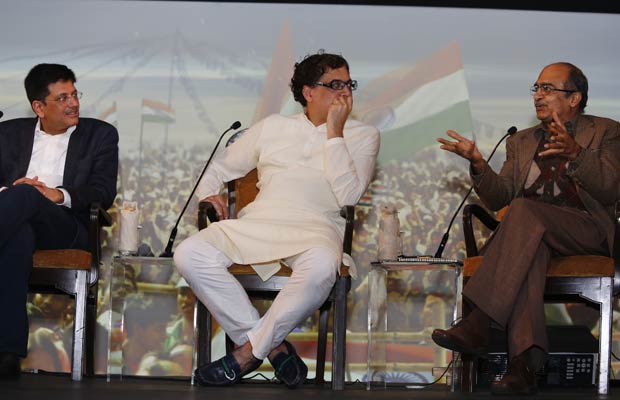
The AAP effect: The audience cheers loudly.
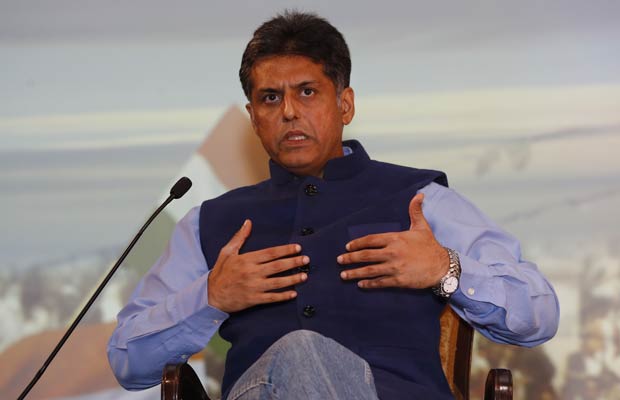
That doesn't satisfy Vikram Seth who asks him specifically if the BJP had an issue with a consensual relationship between two people of the same gender. Not at all, clarifies Mr Goyal.
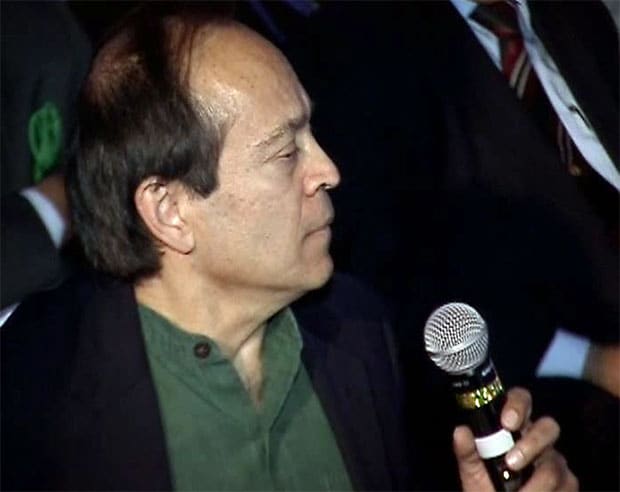
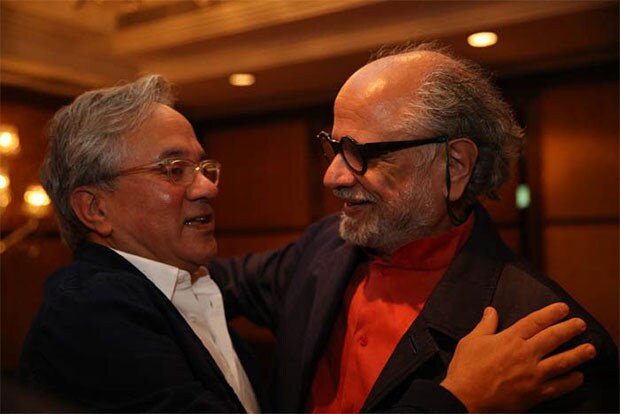
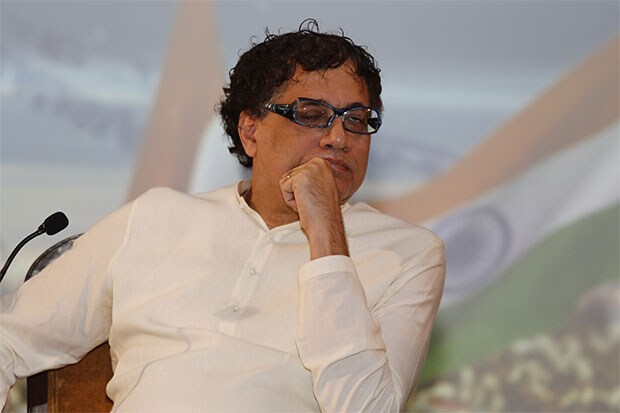
10 points for honesty
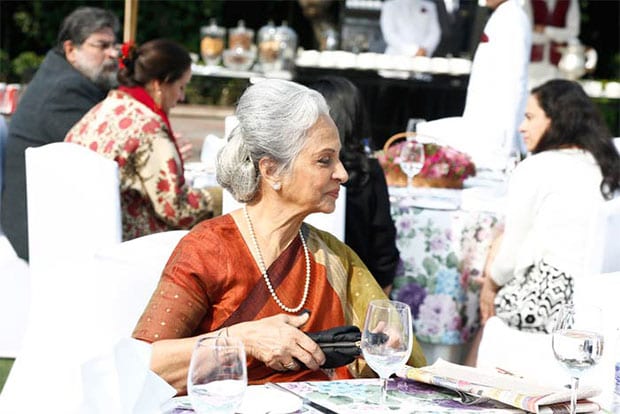
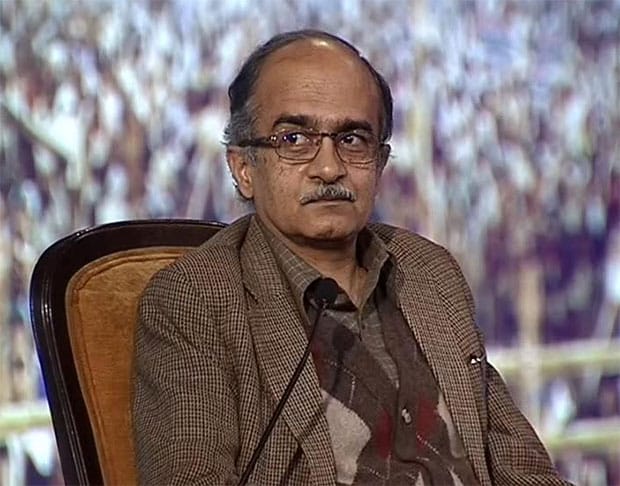
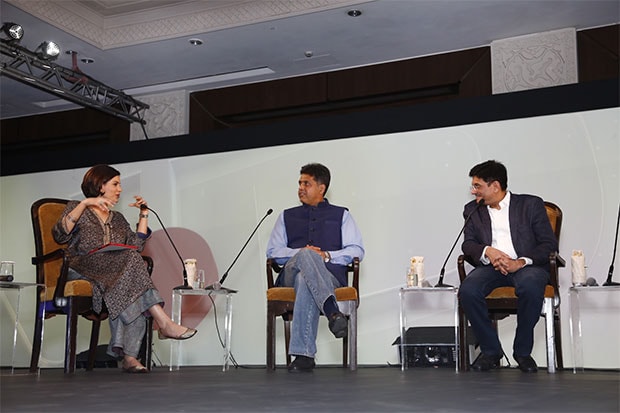
The irony is not lost on the audience!
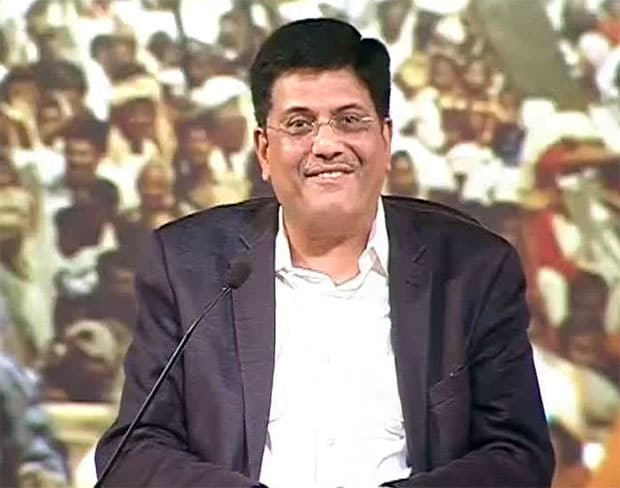
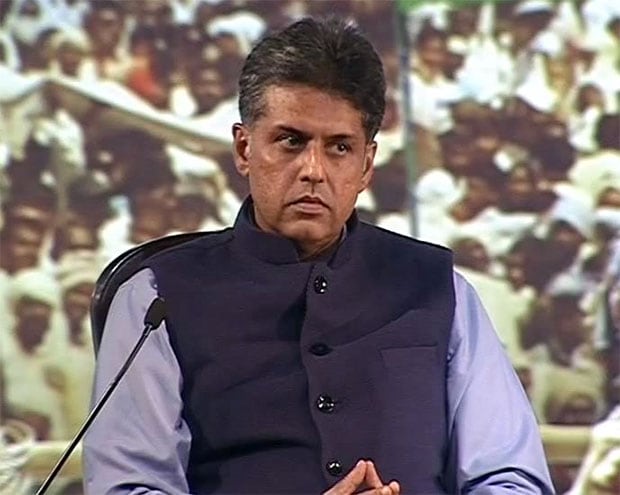
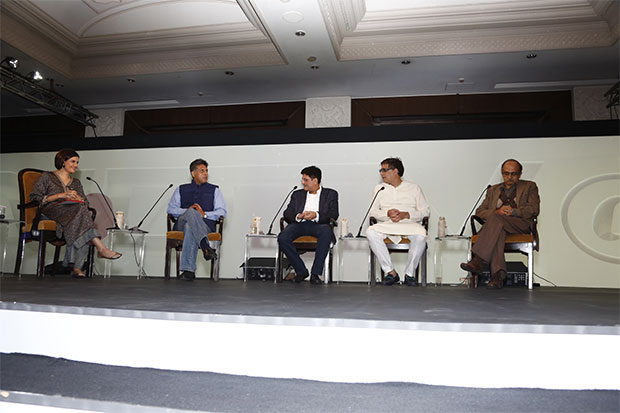
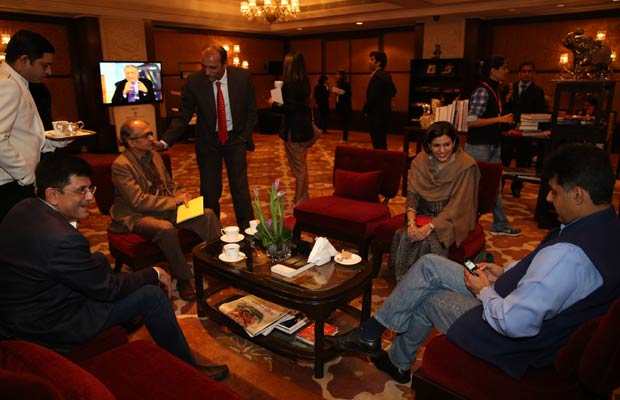
Anish Kapoor
It is not "Indianness" that defines what we do as artists
I see that as a problematic stigma
We need to allow the creative to emerge, rather than it relate it to the background
Zubin Mehta
My Indian part doesn't enter my spirituality on stage
Disgrace that there is no concert hall in Delhi
For Indian music
Anish Kapoor
We are institutionally poor when it comes to visual arts
Vikram Seth
We (artists) are happy to be claimed as long as it isn't a constraint
Not happy to be disclaimed, like MF Hussain
Art is a very private thing
If you're claimed by people who are moved by your art, that's the essence of art
Dayanita
I am not in favour of nationality-based art
Homi Bhabha
If you want soft-power, then you have to have the infrastructure for it
Need proper humanities and liberal arts education
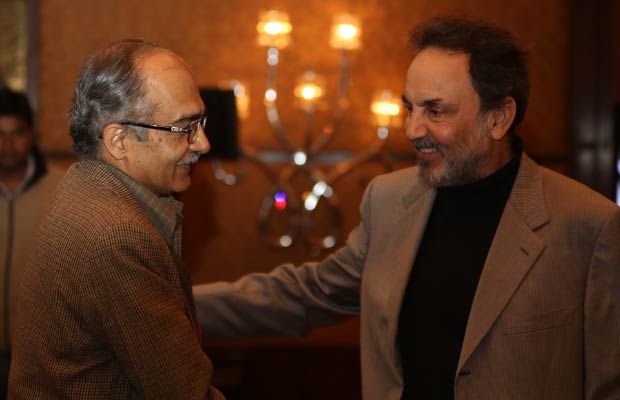
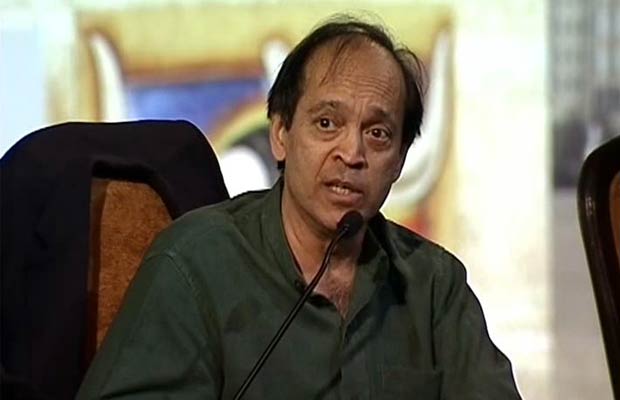
From the audience, Prithvi Theatre's Sanjana Kapoor gets a round of applause with: I think of all artists, theatre-wallahs are the lowest of the low. But we need to demand that systems also work for us. What is our reality is the massive organization of India and claiming our place in it. We have to demand it. We need the media to support us. Where are they supporting us? We need to be on TV and all sorts of media a huge amount more.
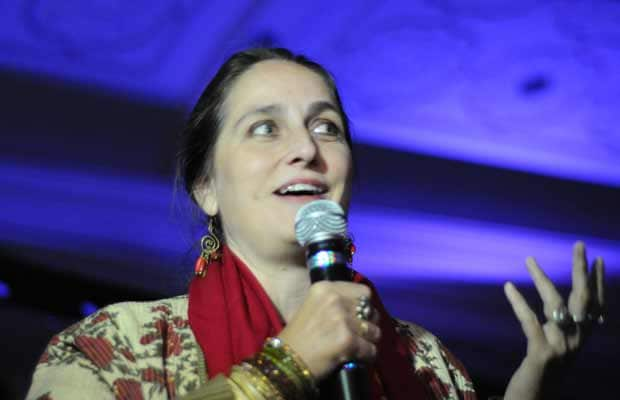
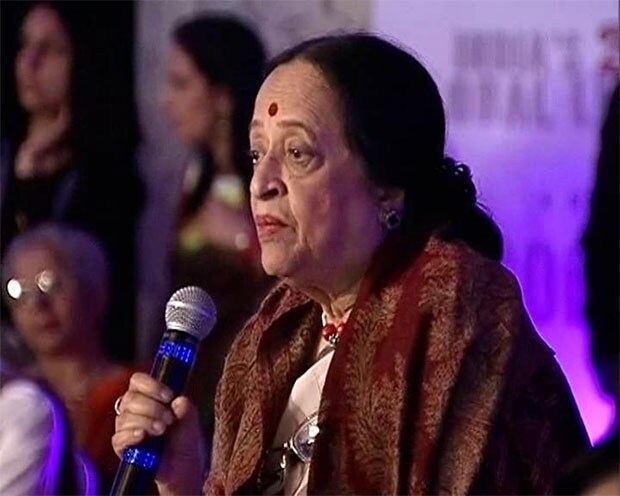
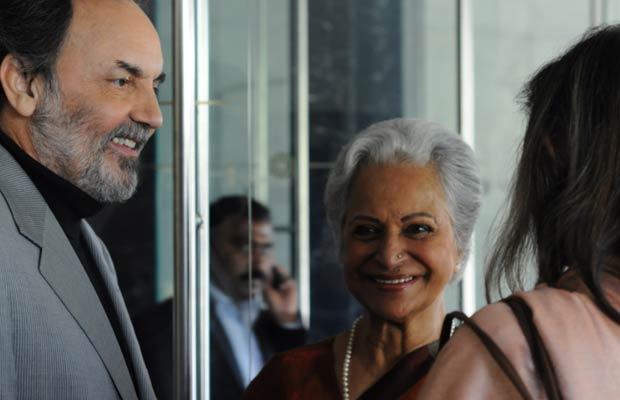
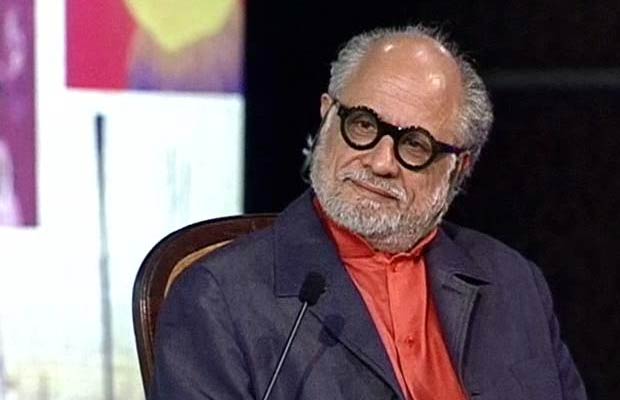
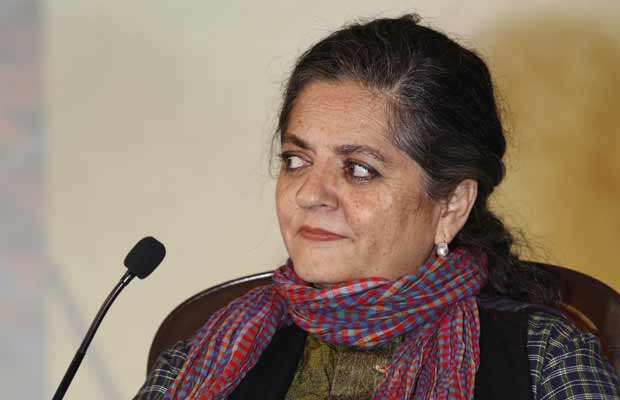
The audience agrees, and claps.
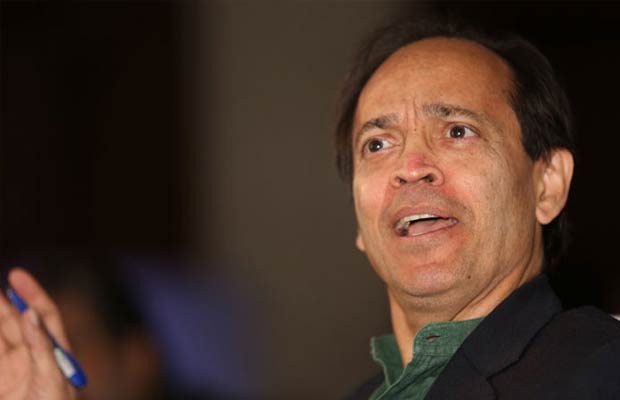
Another big cheer. Mr Mehta has so far got the most claps of the day, more even than Suhel Seth and Shekhar Gupta combined.
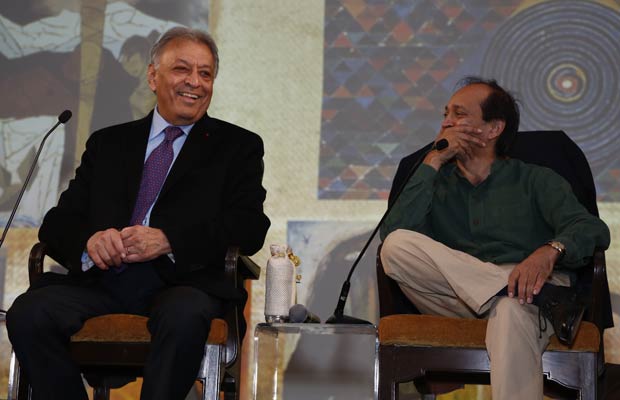
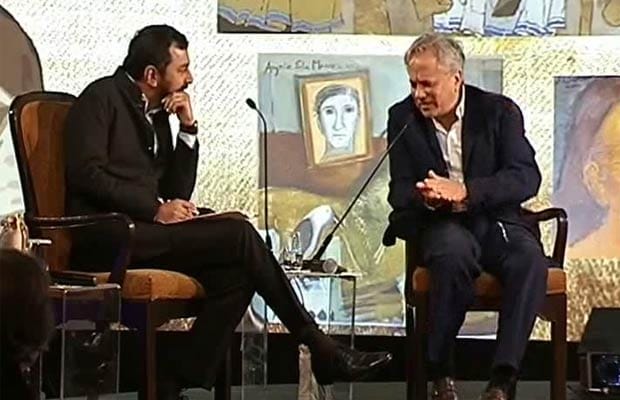
This is clearly the most popular panel. Every panelist gets a rousing cheer and a big hand. Zubin Mehta gets the most claps when he says he's Calcutta-born and not a Bombay boy.
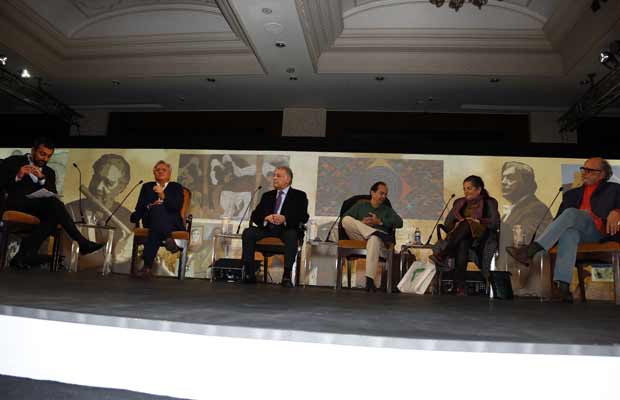
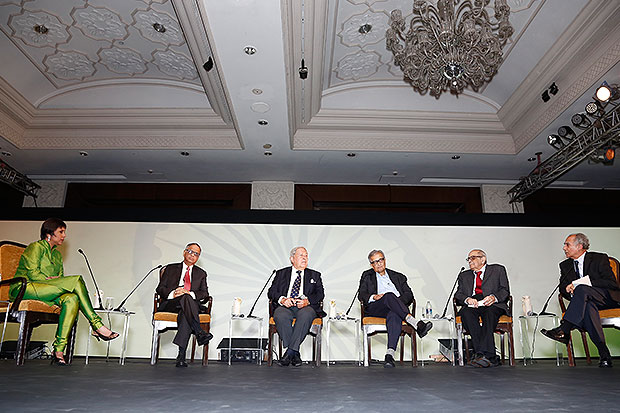
Amartya Sen
Our institutions are as safe as we make them to be
There is no point in blaming the institution
India continues to have some people who are privileged and some who are not, that worries me
Criminalisation of homosexuality violation of protection of minority rights
Arun Shourie
The word 'Secularism' has been prostituted
It is not just that every religion will be tolerated, but that they will be respected
Fali Nariman
Not very charmed with the word 'secular democracy', more by 'tolerant democracy'
Y K Hamied
Essence of India depends on a healthy India
Health in India is a permanent crisis
If anybody is in healthcare, it has two dimensions: business and humanitarian
Amartya Sen
Secularism and democracy are important to me
Democracy has never been defined as majority rule
Democracy is governance by discussion
Narayana Murthy
Every Indian has to be enthusiastic about the future
Government, state and religion must be separate
Y K Hamied
Cornerstone of the essence of India is education
On that note, this session is a wrap.
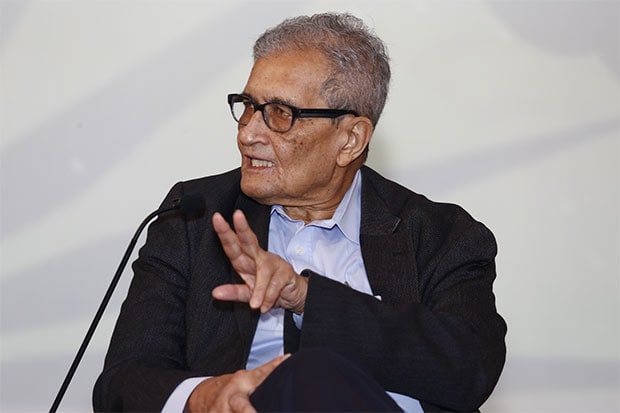
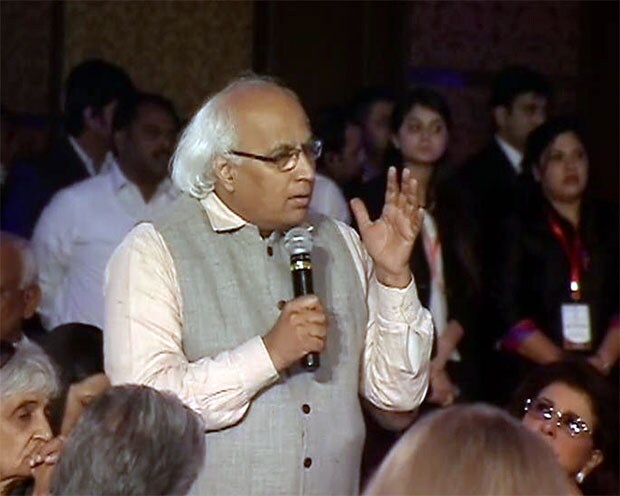
Anjolie Ela Menon declares herself "the devil's advocate" and agrees with Professor Nandy: If you have education without even the glimmer of a hope of job at the end of it then you are sitting on a time bomb.
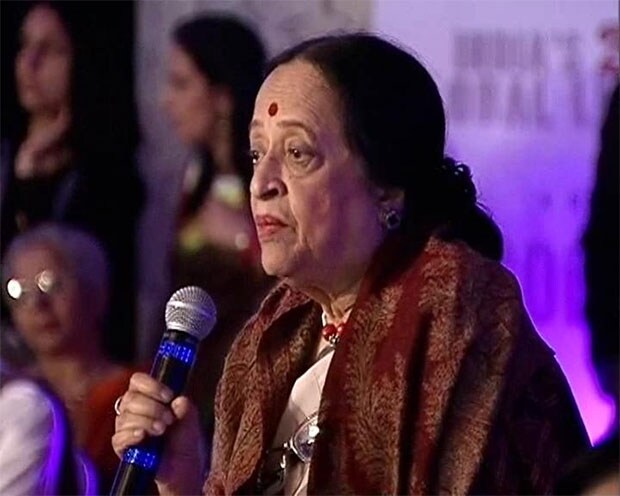
Professor Ashis Nandy says: I am a greater admirer of Zubin Mehta than he is of India (another laugh from the audience). But I find his emphasis on education 'bogus'.
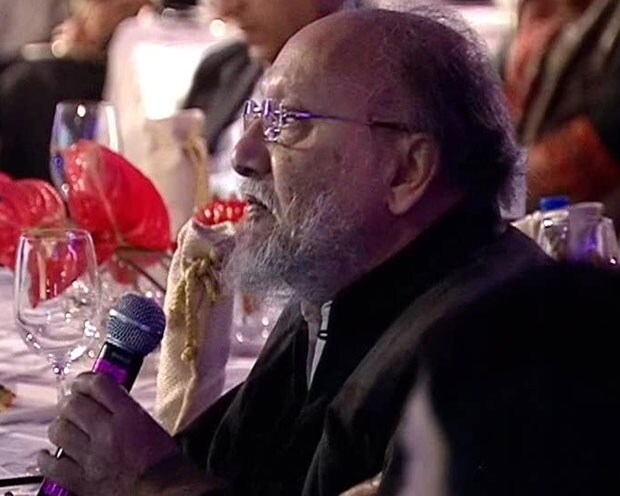
That gets a laugh from the audience. OK then, Mr Narayana Murthy sir.
He answers the earlier question with this: What should be the economism we follow? We need compassionate capitalism.
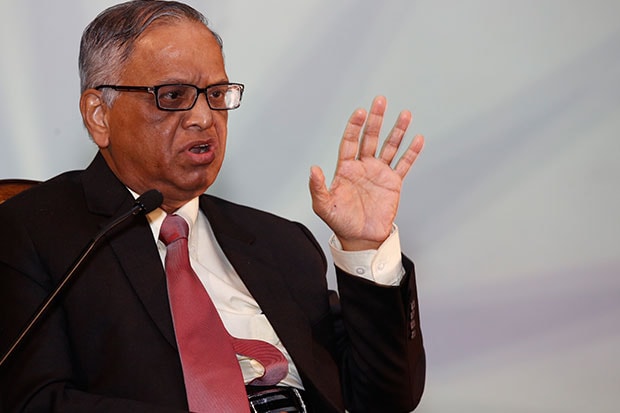
He gets a rousing cheer and applause from everyone else.
Mr Mehta's question to the panelists: How are we going to convince the farmer to send his son and daughter to school? If every Indian can read and write and think in rational terms, then we will achieve greatness.
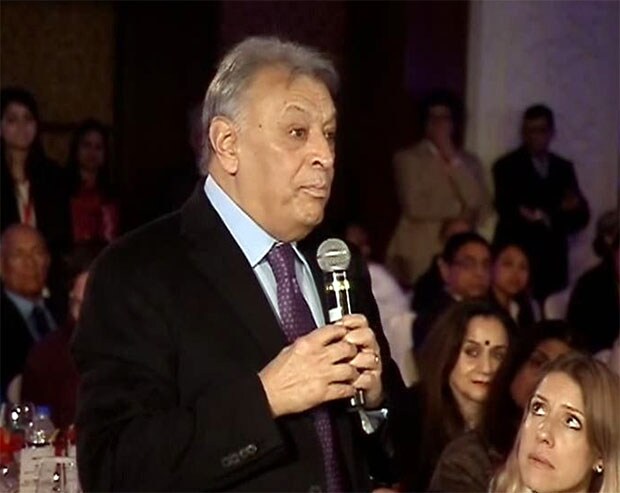
The essence of India depends on the health of India, he adds.
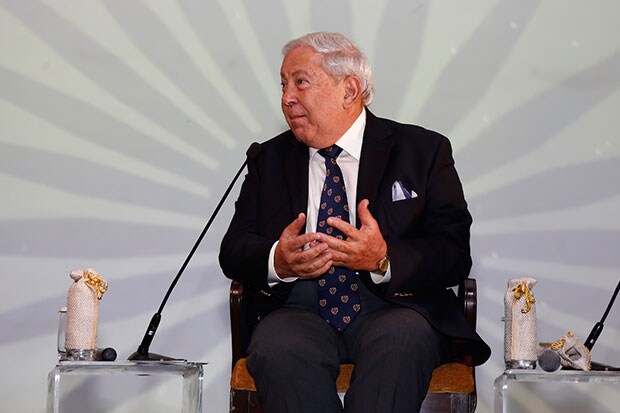
Audience laughs
Mr Nariman goes on: And I'm not very charmed by the word secular. So I would like to see a tolerant democracy and I think we are becoming intolerant.
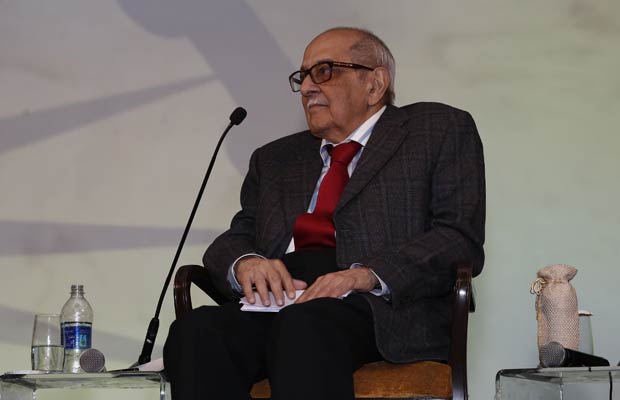
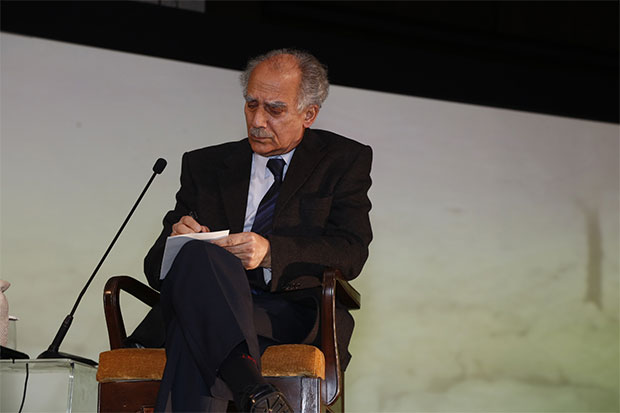
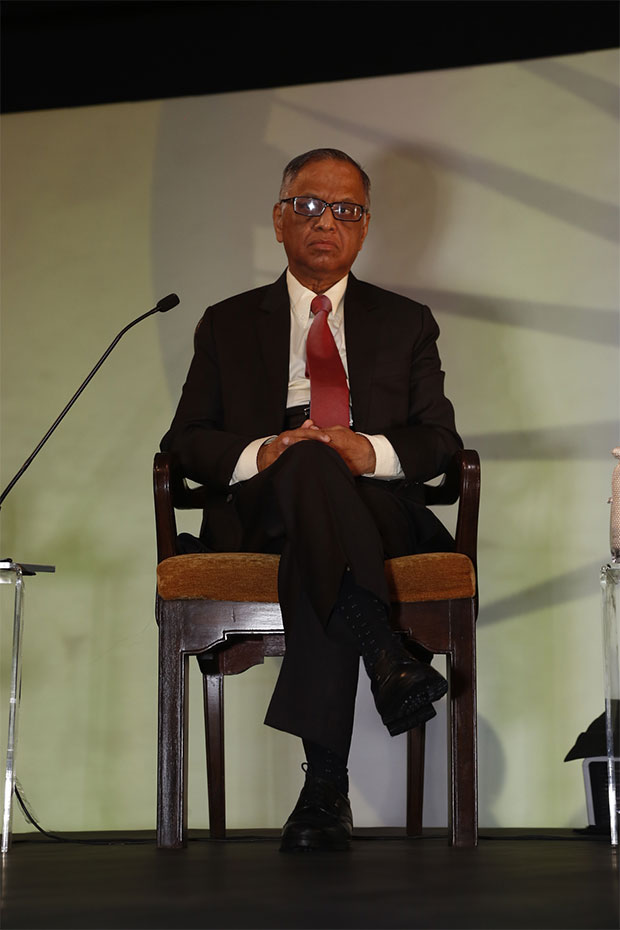
In the audience, conductor Zubin Mehta with wife Nancy. He will be joining Vikram Seth in the discussion on arts and culture
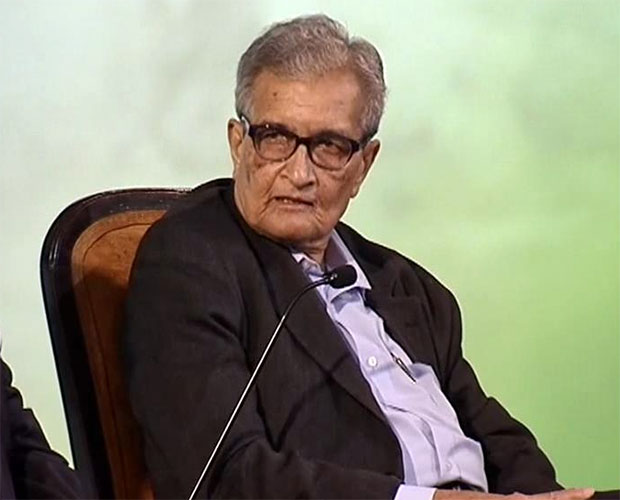
Behind-the-scenes: Vikram Seth and NDTV's Sreenivasan Jain will be on stage later today discussing the arts and culture. Though Vikram Seth looks like he's begun holding forth already
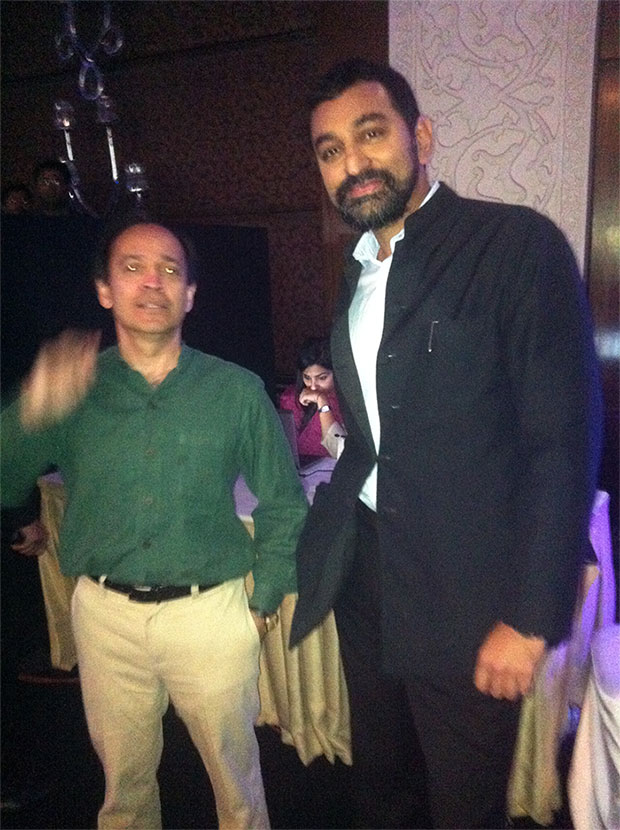
Maybe @BDUTT doesn't even need a panel! :-) #ndtv25 pic.twitter.com/p5cBKC34K6
- Vikram Chandra (@vikramchandra) December 14, 2013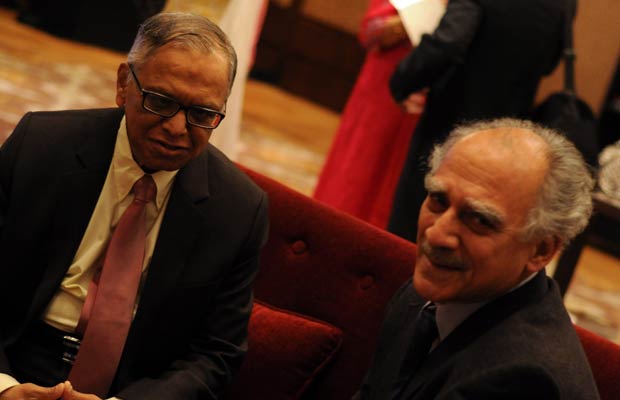
Highlights of Session 2:
Omar Abdullah
Facebook and Twitter reversed the flow of communication, we now listen
The aam janata is talking back to us
As of now, Internet seems to be skewed in a particular direction, but there are more and more voice of reason
More reasonable comment made available
Swapan Dasgupta
Subtlety doesn't work on social media. The nature of interaction is still imperfect
Newness of media has allowed a lot of people to vent their anger
Rajan Anandan
India is adding 3-4 million Internet users in a month
Large number of Indians are doing research about political parties and issues, and a small number of people voice their concerns
People are more informed, but very small number of them are being vocal
Prof Ashutosh Varshney
Rural part of India has not been penetrated by the Internet
It is not reaching the urban-poor; the situation may change in 5 or 10 years
Rajan Anandan
Every single day, there are millions of Indians outside our metro cities who connect to the Internet
Shekhar Gupta
I think we are presuming too much, all of us are victims of the net-delusion
We are worried about what response one will get on Twitter
If we are not being digitally savvy, it's a black mark on your CV these days
It's an instrument of democracy but also one of trouble
Because of the Internet, many scoundrels tried to out victims' identity (referring to the Tejpal case)
Anonymity brings out the worst in human beings
S there are issues we will have to deal with
Suhel Seth
Internet is a tool but certainly it won't strengthen democracy. It is being used as a tool of hatred and ridicule.
Electoral reforms will strengthen democracy
We are giving it far more importance than it deserves
Prof Ashutosh Varshney
In America, a lot of electoral funding is done via Internet
Internet can be used for campaign finance
Naina Lal Kidwai
Internet delivers our democratic rights, an important one
Prof Ashutosh Varshney
The moment you give certain discretionary powers to police or bureaucrats, there is an evitable tendency to exploit
Shekhar Gupta
Laws that apply to you in normal media, don't apply in Internet
Rajan Anandan
If content violates local law, it is taken down
We should evaluate the content
Rajan Anandan
30 per cent of Internet users in India are women
Omar Abdullah
With exposure to the wider world, comes greater aspiration
Pressure to deliver increases
Shekhar Gupta
Internet is a developing medium
The larger problem is where it becomes intrusive
Naina Lal Kidwai
There is a danger that we'll over-regulate to the point where we lose what is good
Prof Ashutosh Varshney
Internet will have to be regulated, how and by whom is the question
Rajan Anandan
It's an evolving medium
It's important for us to keep in mind the amazing things Internet can do for India
If you think about the core issues, Internet can be an enabler
Omar Abdullah
Don't think Internet can be regulated
Have to take the bad with the good
In the audience, environmentalist Valmik Thapar and his actress wife Sanjana Kapoor, looking stunning in a red and beige ensemble
Shekhar adds a potshot at himself with a jibe about a 'bald head.' Laughs? Oh yes.
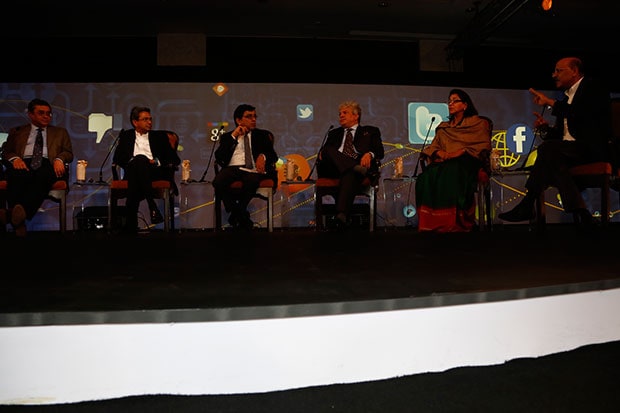
Rajan says 60 million out of 250 million users are women, making India one of the lowest ranking countries in the online gender divide.
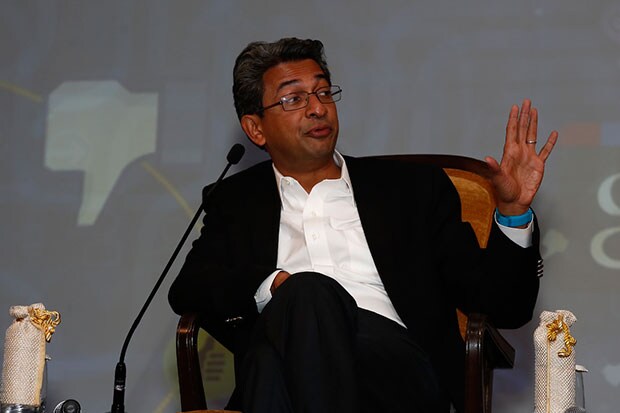
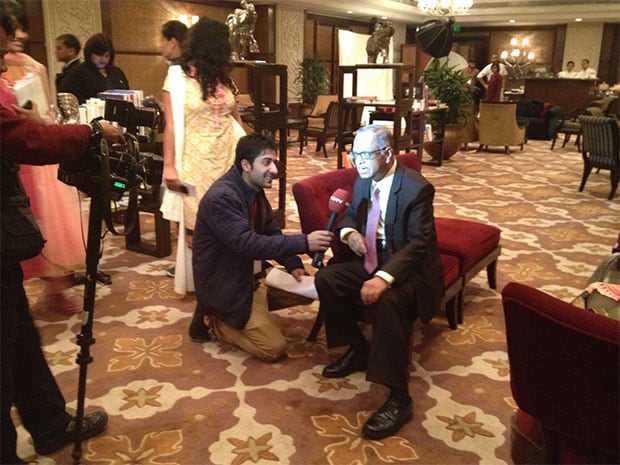
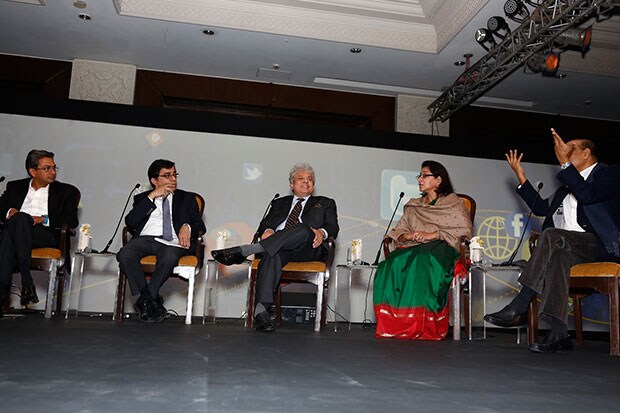
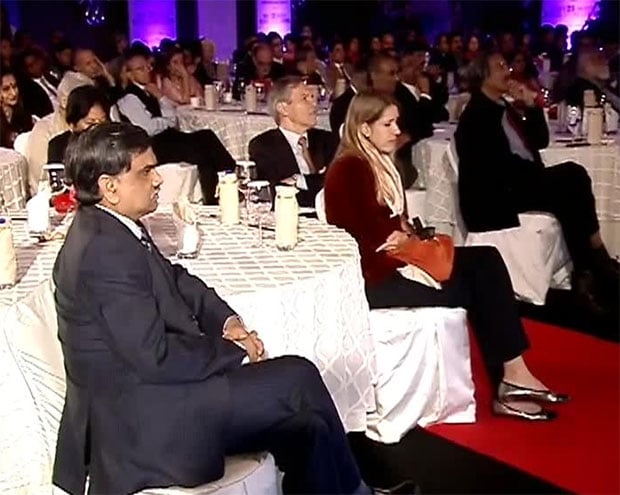
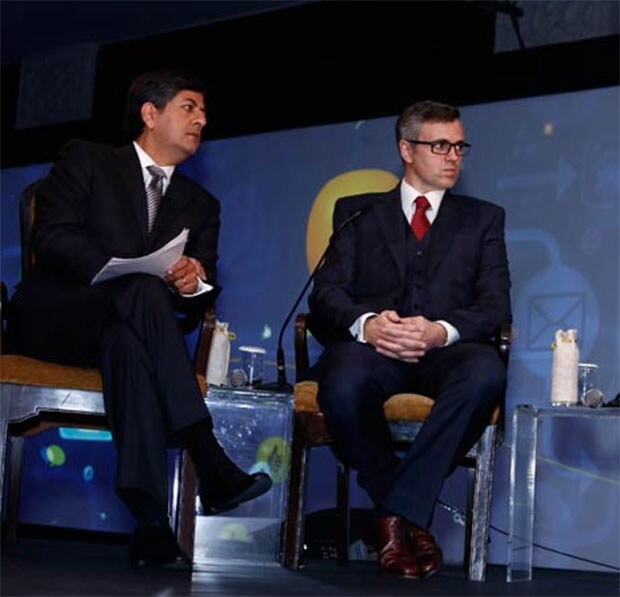
Omar doesn't agree. You'll be surprised at how much of the Internet is in regional languages.
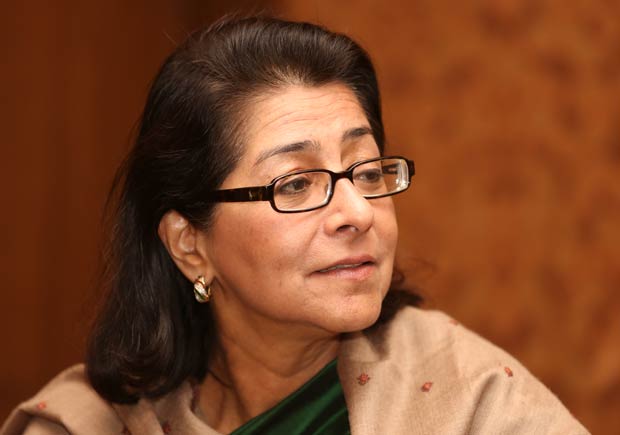
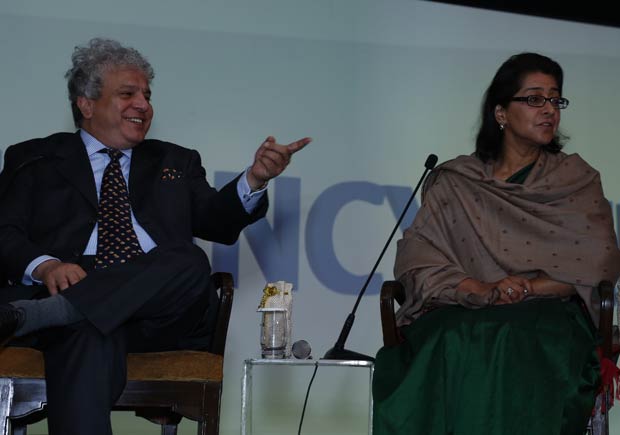
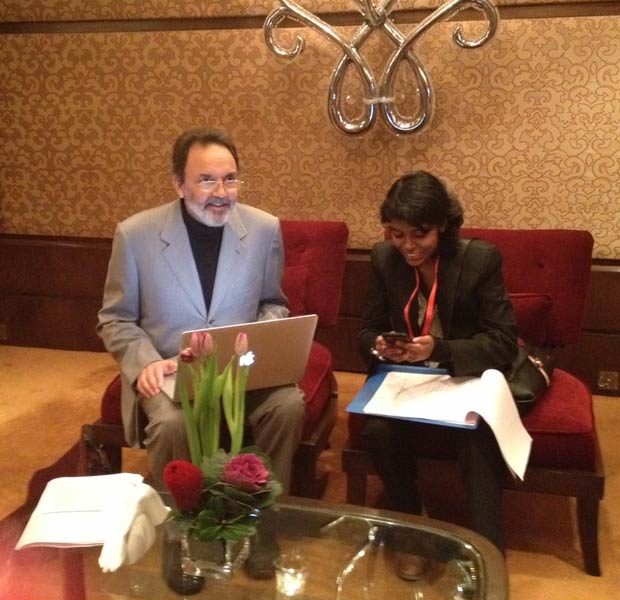
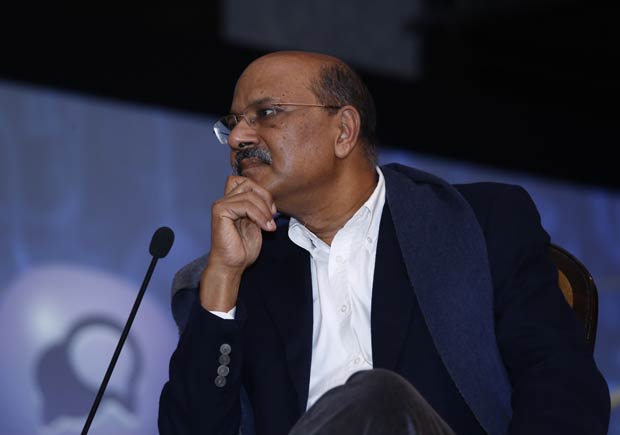
Rajan Anandan: Negative chatter is not the point. We've found that a large number of Indians are doing research on political parties and issues. It's a small number who are voicing their opinions. 200s of millions of Indians are making decision on information they are receiving on the Internet.
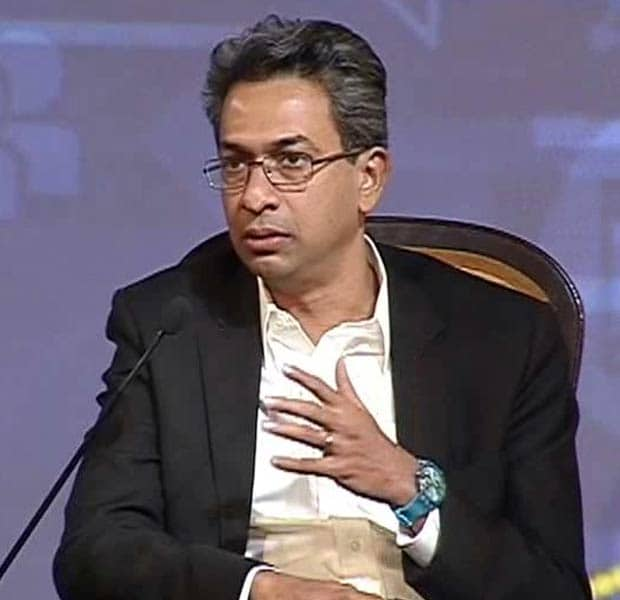
Happy bday @ndtv !!To Dr. Roy @vikramchandra @BDUTT and the entire team!Happy to have done such wonderful work together..here's to many more
- PRIYANKA (@priyankachopra) December 14, 2013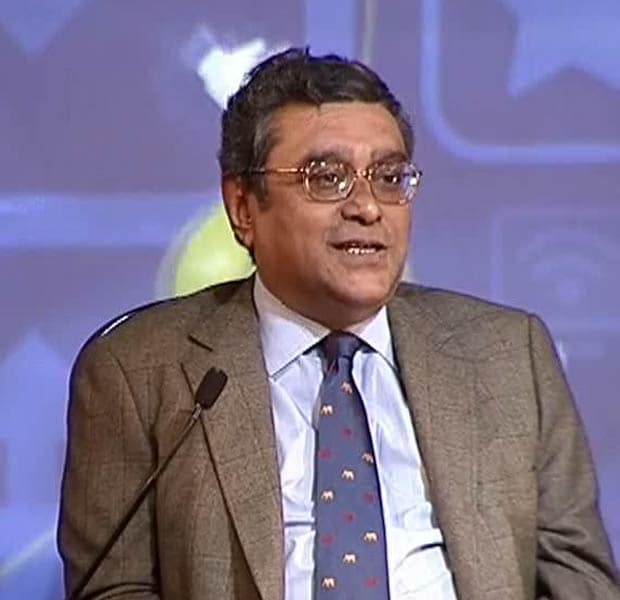
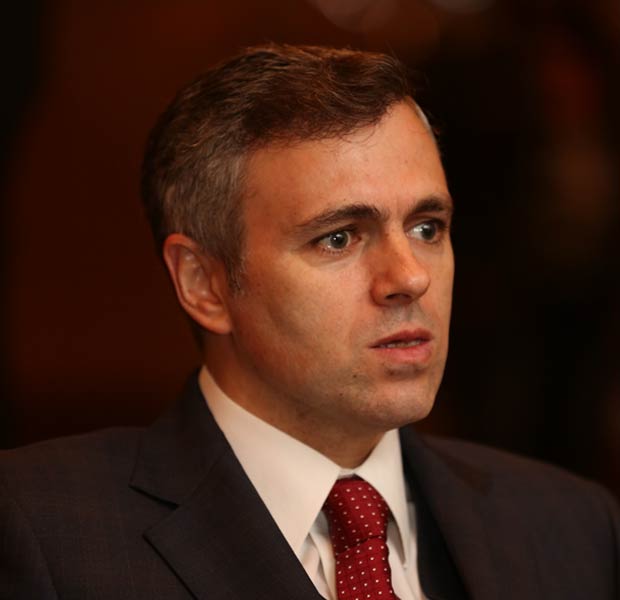
Vikram's internet experts: J&K chief minister Omar Abdullah, journalist Swapan Dasgupta, Google India chief Rajan Anandan, political scientist Ashutosh Varshney, adman Suhel Seth, HSBC India chief Naina Lal Kidwai and Indian Express editor Shekhar Gupta
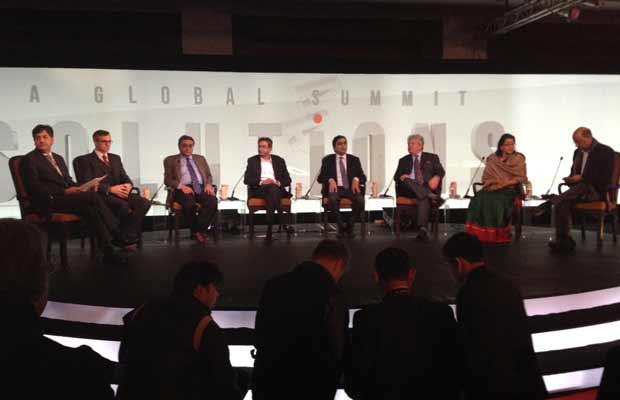
We asked journalist Nalini Singh for her thoughts on NDTV's big day. She said: "This is how minds change. If you keep at it. And NDTV has kept at it."
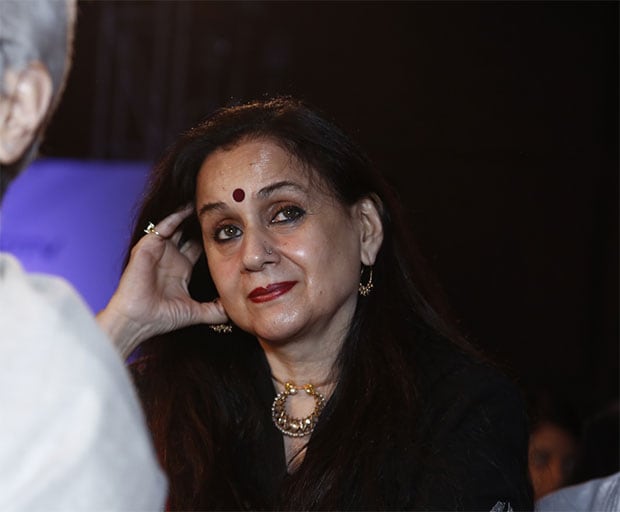
Electric cerebral atmosphere here at Taj Palace! One Nobel Laureate, one Bharat Ratna, one CEO and one visionary...all saluting #NDTV25...
- SUHEL SETH (@suhelseth) December 14, 2013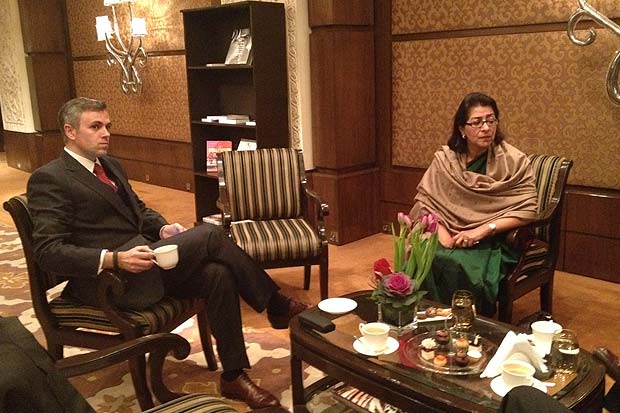
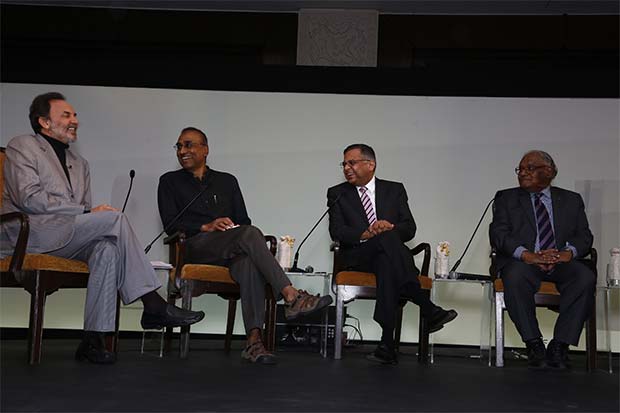
And here's Omar Abdullah. Full circle.
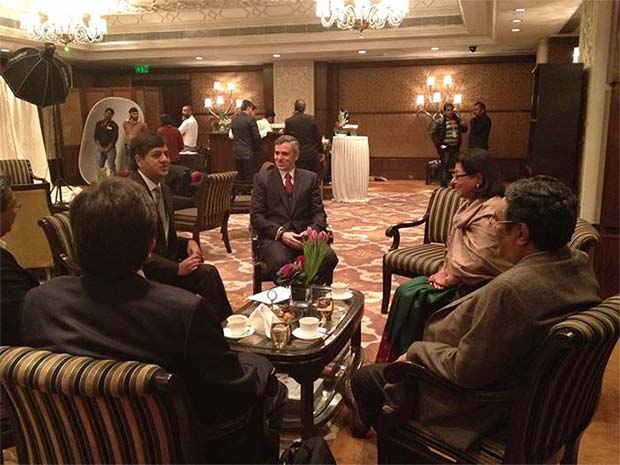
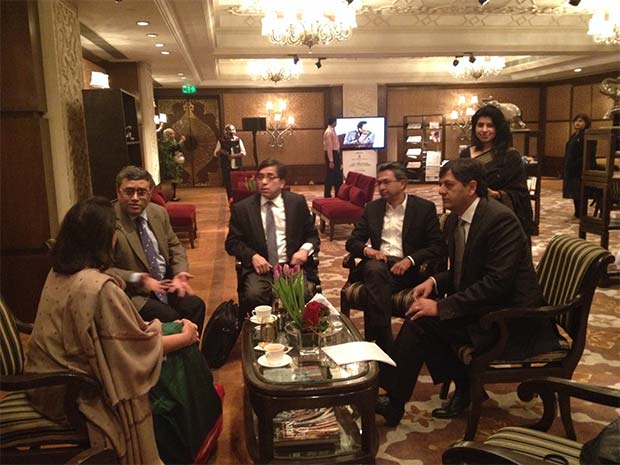
Venkatraman Ramakrishnan: No more than other countries.
Dr Prannoy Roy: We're certainly not born footballers. *audience laughs*
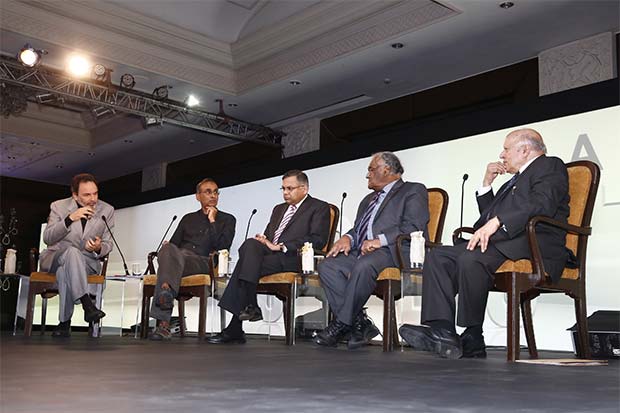
as a tribute to prannoy roy can everyone on news channels spend a day being soft spoken, analytical and well behaved?
- Harsha Bhogle (@bhogleharsha) December 14, 2013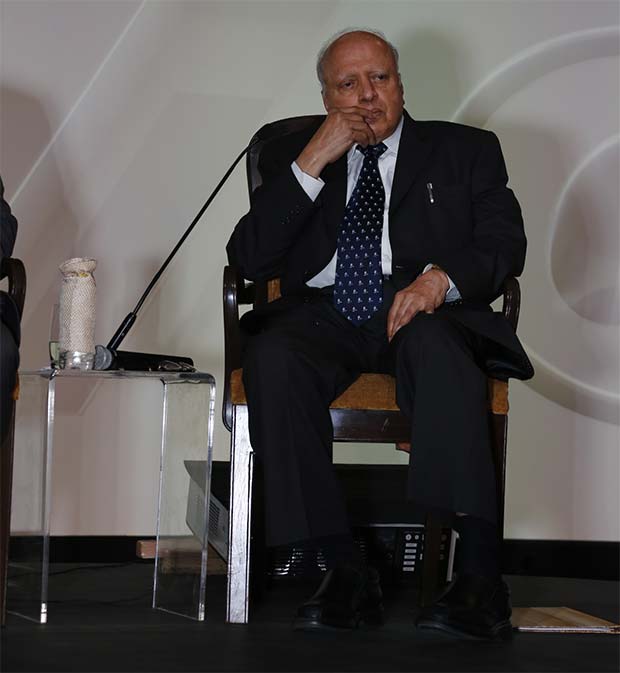
(He's joking, people! Dr Nundy was the medical expert on 'The World This Week' when it started 25 years ago. He joins us in the audience)
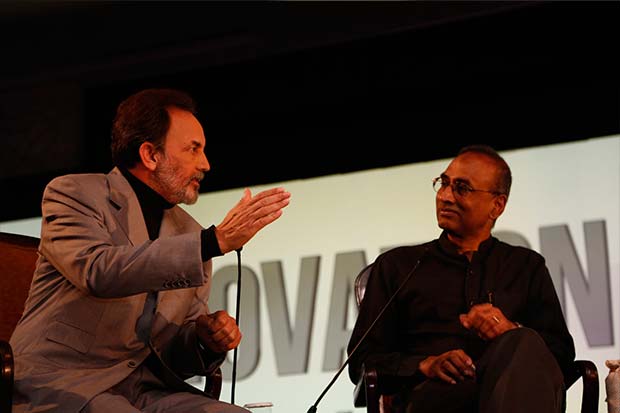
MS Swaminathan: Public health, hunger, education - how much are we investing in this?
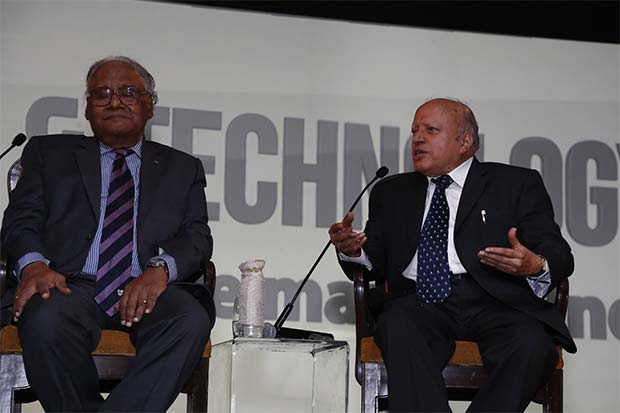
Best science students are from Bengal and Bihar, says CNR Rao, too much amusement from Vikram Seth and the audience.
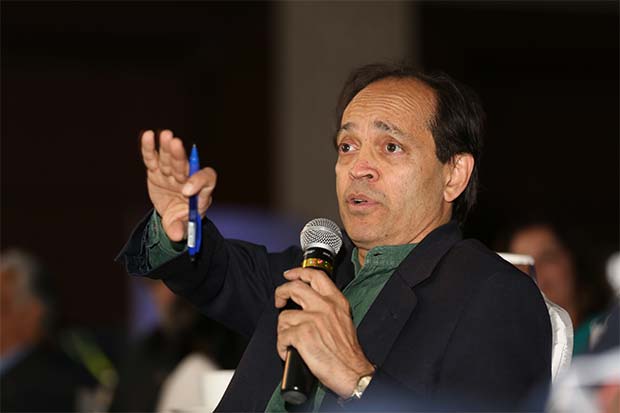
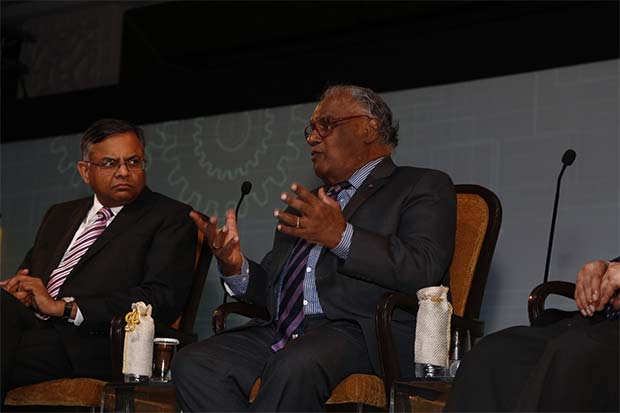
Venkatraman Ramakrishnan: I don't personally believe in God. I say that on national television. Audience cracks up
Happy Birthday NDTV on your Silver Jubilee Pranoy Roy and team have maintained responsible reporting a core value n I salute you for this
- Kiran Mazumdar Shaw (@kiranshaw) December 14, 2013CNR Rao: In order to compete with neighbouring countries we have to do much more than we are. Lots of great people in India and many coming back from abroad
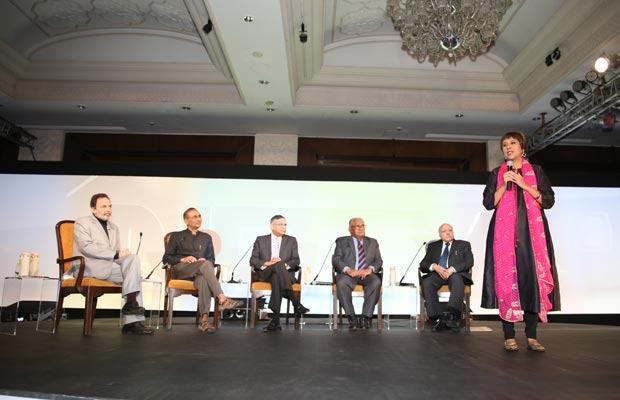
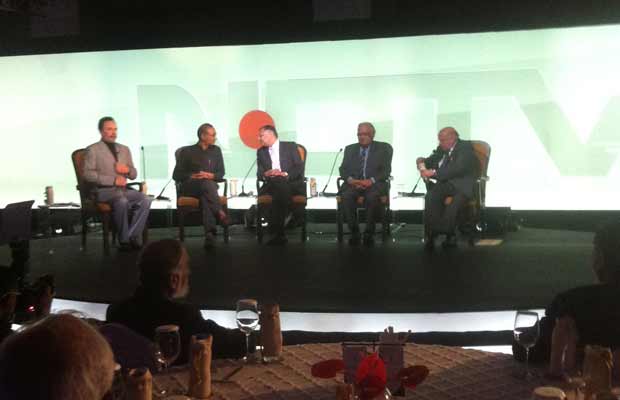
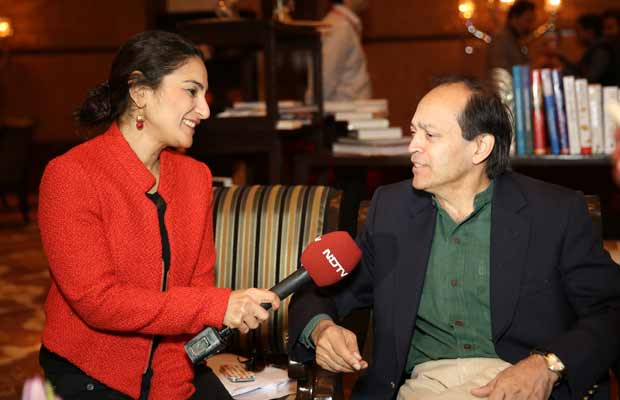
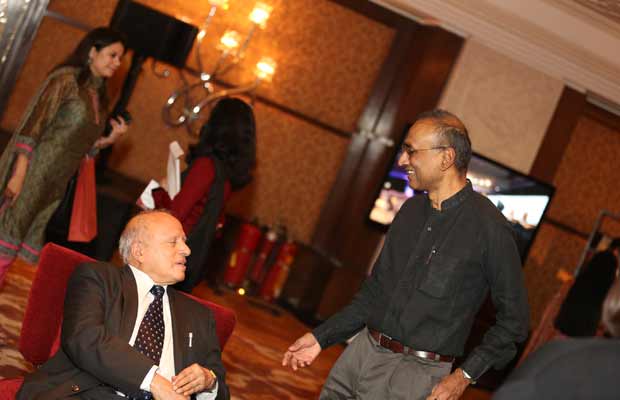
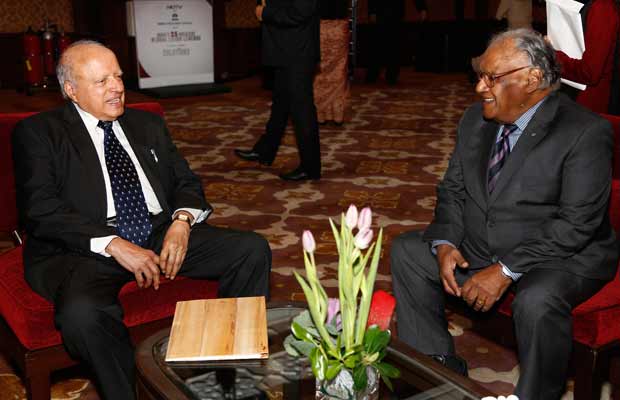
As the NDTV crew puts the final touches to the set up here at the Summit, the mood is one of excitement and pride
Between 10am and 4pm, you will hear Nobel Laureates, Bharat Ratna awardees and Oscar and Grammy winners discuss and deliver solutions to some of India's key issues.
Tom Delhi for audience with the honourable President of India. Thanx ndtv 25 legends honours & u all for making an ordinary life so special
- SHAH RUKH KHAN (@iamsrk) December 13, 2013Happy 25th bday to NDTV! Spent 11 quality years there! Tk you for that and more.
- Rajdeep Sardesai (@sardesairajdeep) December 14, 2013Discussing how the internet can help Indian Democracy with @vikramchandra & others at 11 tomorrow at the #NDTV @ 25 event.
- Omar Abdullah (@abdullah_omar) December 13, 2013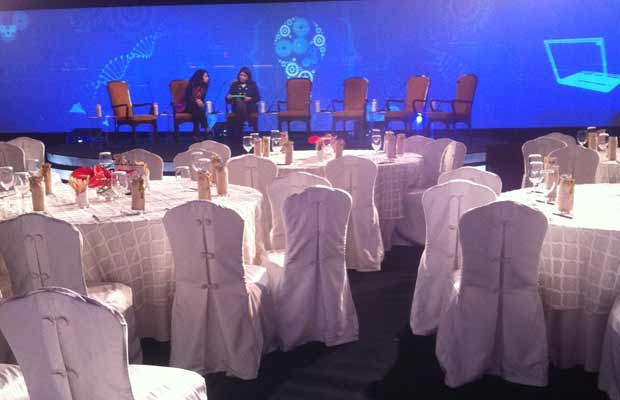
As NDTV marks its 25th anniversary, our summit on December 14 in New Delhi asks for answers; its theme is "Solutions."
Eminent speakers and the audience will deliver prescriptions, not diagnostics, for India's economy, sports, arts, films and technology.
Here is the schedule of sessions (the summit will be broadcast live on NDTV channels on December 14):
